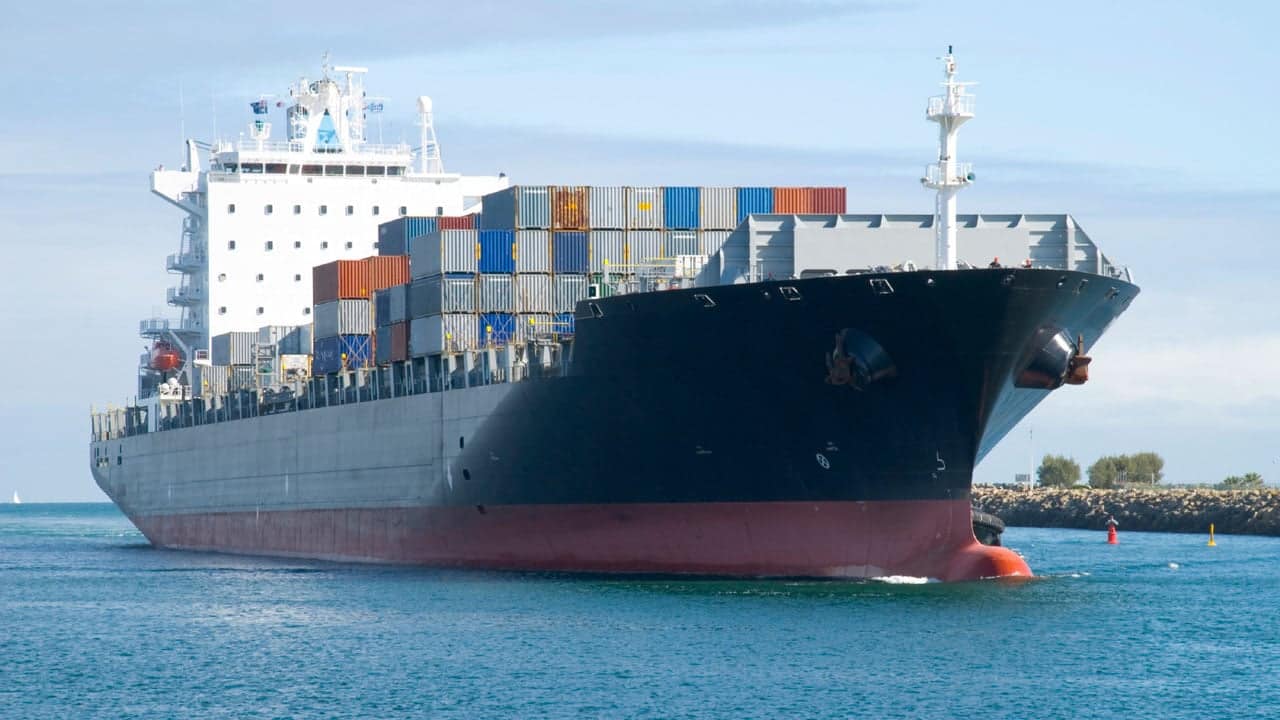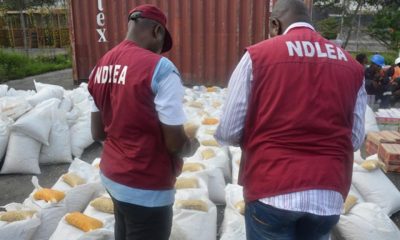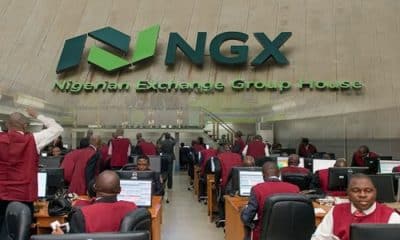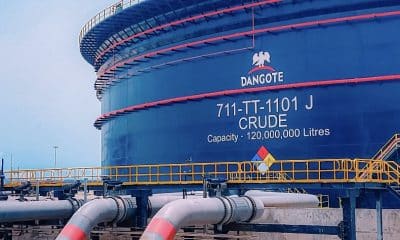Business
Major Setback In Trading As 50% Foreign Vessels Exit Nigeria

Shipowners have raised concerns over setbacks in trading in the West African region, especially Nigeria, following the rise in insecurity and poor government policies, which have forced trading vessels to say goodbye to the country.
Speaking on the development earlier today, the President of the Nigerian Chamber of Shipping, Aminu Umar, said not less than 50 per cent of foreign vessels had exited Nigeria in the past year.
Umar explained that the development had led to a scarcity of ships in the West African region, adding that the situation had pushed up freight rate by 70 per cent.
While discussing the flexibility of trading in developed nations, Umar said there is a more robust market for vessels in Europe than in Africa due to the ongoing Russia-Ukraine war.
The former President of the Nigerian Indigenous Shipowners Association said, “About 40 to 50 per cent of vessels plying the Nigerian waters have gone back to Europe between 2022 till date. So 40 per cent of the capacity has moved back to Europe. The truth is that these are foreign-owned vessels trading within the West African sub-region, which includes Nigeria. So what it means is that it has created scarcity which will increase the freight rate. So the freight rate has gone up by almost 70 per cent due to this. There is a 70 per cent increase in freight rate, it went up to 100 per cent before, but it has reduced to 70 per cent.”
Umar noted that the changes started in March 2022. The shipping expert further said, “The reason they won’t come again is that the market is stronger in Europe, there is a stronger market in Europe due to the Russian-Ukraine war, and then the environment is easier to trade when you compare the trading restrictions in Africa as well as policies in the West African region. Also, don’t forget the security issues. We have fewer security issues in Europe than we have in Africa. Up till now, any vessel that is trading in West Africa has to pay war risk insurance, it is still on, so they don’t want to pay that.”
He, however, explained that even though these vessels bring wet and dry cargoes to Nigeria, the country would not experience scarcity of the products.












